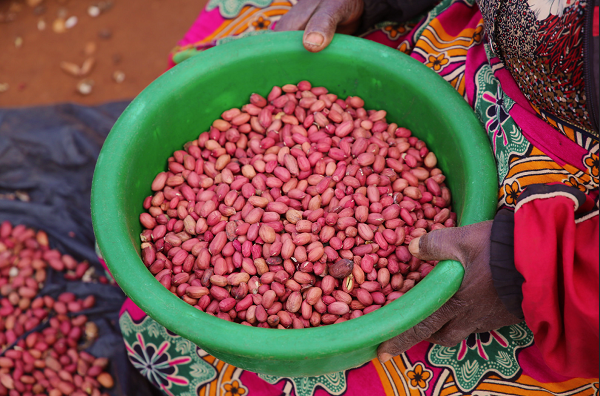Promoting competition in inoculant supply
Soybean, groundnuts, beans and pigeon peas provide livelihoods for millions of Malawians. However, Malawian smallholders are producing at well below the potential yields for these crops.
Improving productivity can result from a range of agricultural practices and inputs. One that had been overlooked in Malawi is inoculant, a bio-fertiliser that enables nitrogen fixation in legumes. Inoculant has been shown to improve yields by over 30% in groundnut, and 60% in soybean.
Up until 2013, inoculant was produced exclusively by the Government’s Department of Agricultural Research Services (DARS), which only supplied 15,000 sachets annually to a small group of commercial or well-connected farmers, who knew about it.
From 2013 to 2018, the Malawi Oilseed Sector Transformation (MOST) project promoted the commercialisation of soybean and groundnut inoculant - eventually reaching more than 100,000 smallholders.
By the end of the MOST project, a nascent inoculant market had developed, with awareness and uptake increasing among legume-growing smallholders. However, competition in the market remained limited. Early in 2019, PROSPER saw the opportunity to pick up where MOST had left off in encouraging competition and growth in the inoculant market.
This is the story of how PROSPER has worked with a women-led business, MANDOLO, to source and supply quality sachets of inoculant for the Malawian market, what they learned - and where they go from here.

